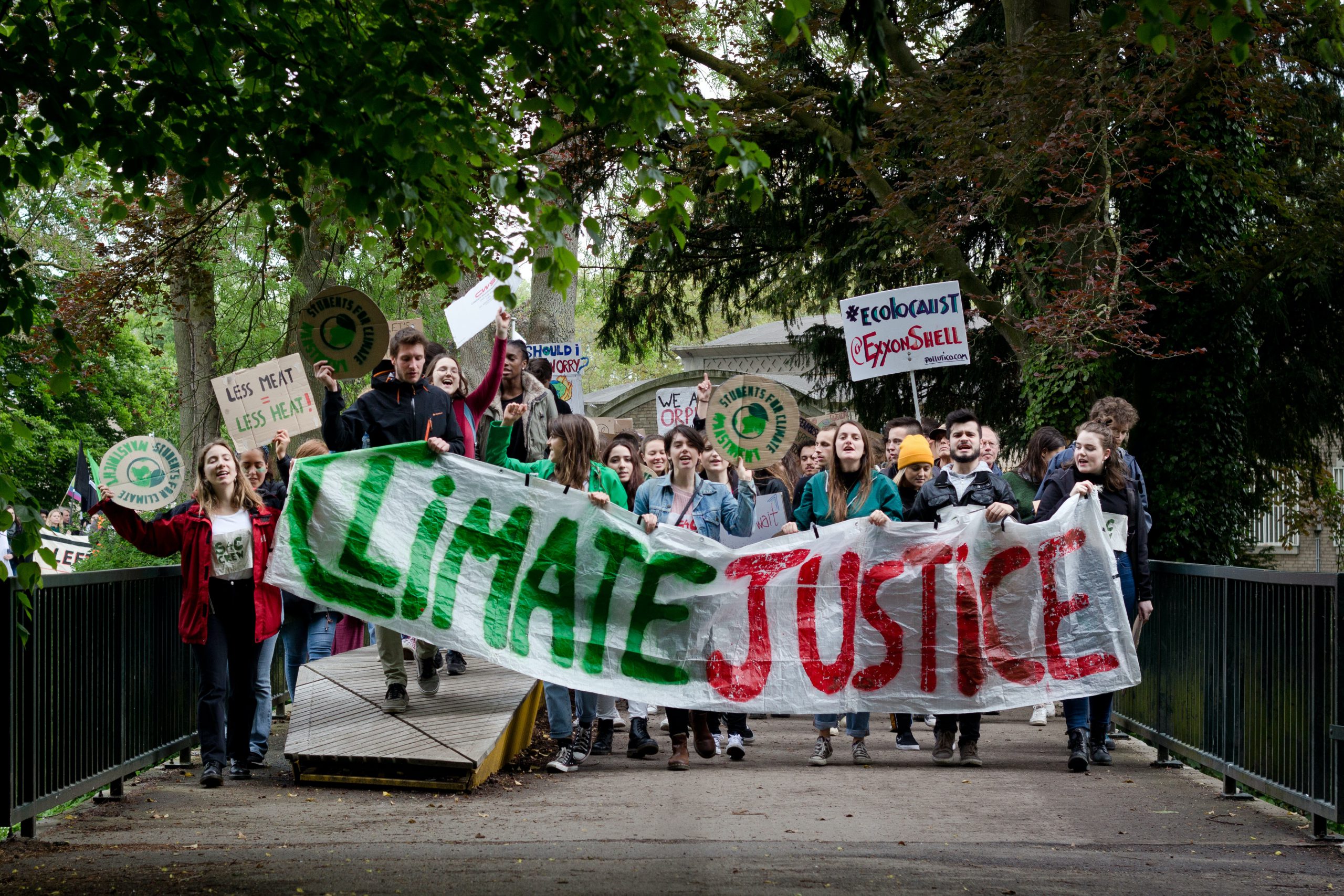Tag: LGBTQ+

How to rise above partisan politics to uphold our democracy
Recent polls have revealed that “threats to democracy” are a top priority for many of us living in the United States. On the one hand, this is good news. Acknowledging the...

How Domestic Civic Movements Could Reshape US Foreign Policy
*This article was written by Chief Organizer Maria J. Stephan and was first published on Just Security. President Joe Biden’s early reversals of Trump policies have included at least three...

The Freedom Struggle in Florida
*This article by Chief Organizer Maria J. Stephan was first published May 14 on Salon. The situation in Florida clearly represents a threat to American democracy. Florida has become the epicenter...
